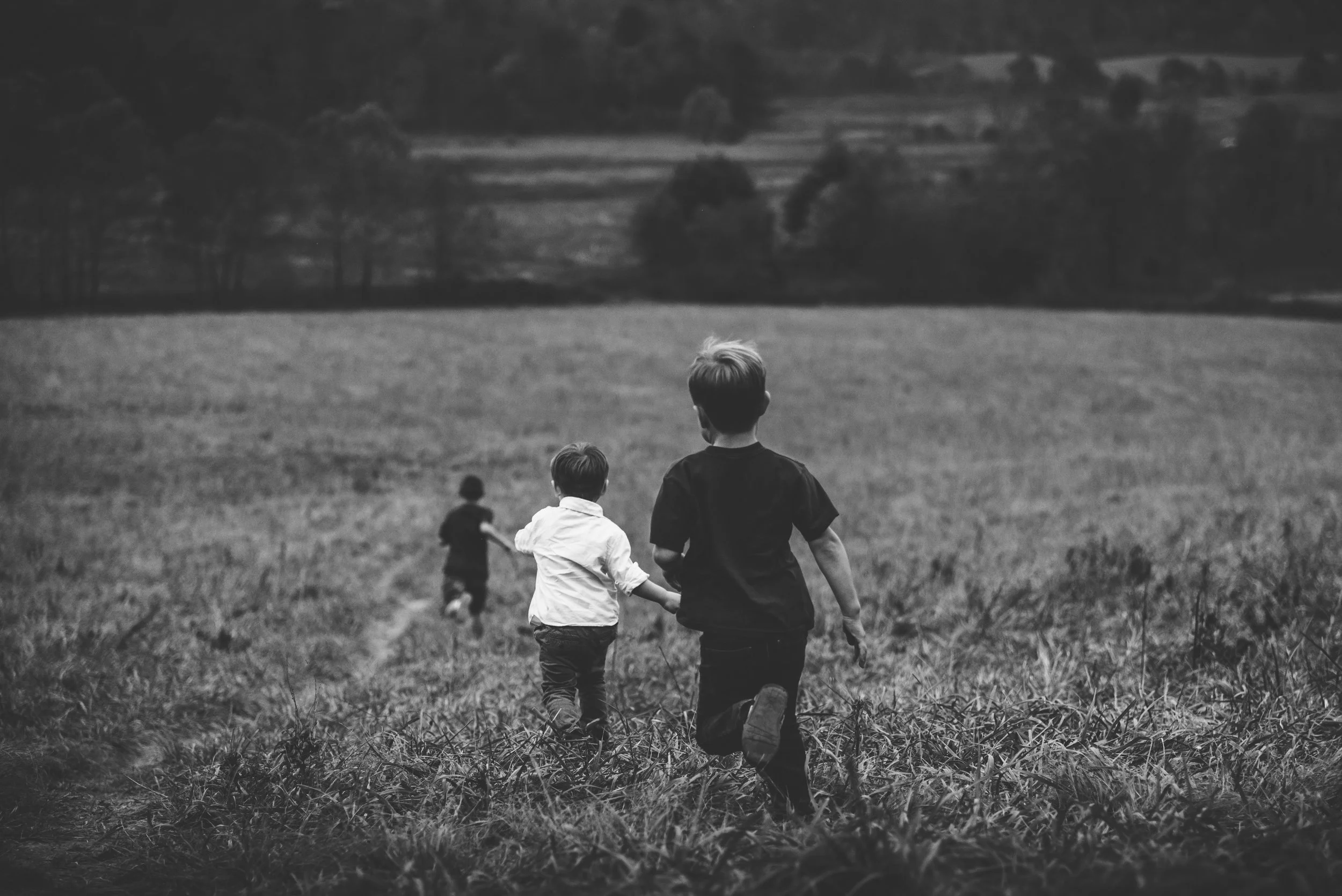How Growing up Shapes Our Mental Health Now
It’s a cliché, but there’s a reason therapists often ask: “So, tell me about your childhood?” What happens early in life shapes how we think, feel, and relate as adults. For many people, unresolved childhood experiences show up as anxiety in relationships today.
Here are three common examples:
1. Living With Explosive Anger
If a parent was unpredictably angry, a child learns to stay on edge, constantly preparing for the next outburst. As an adult, this can become relational anxiety—always bracing for conflict, even when it’s not there.
2. Growing Up With Divorce
When parents separate, children so often internalize responsibility. Even without meaning to, parents send positive and negative messages that shape how we know ourselves in relationships. Such as, “you were the best part of our relationship, its your fault we broke up, or its because of you we stayed together for so long. Later, that child becomes an adult who feels the weight of keeping relationships together—even when it isn’t theirs alone to carry.
3. The Provider Role
Many men I work with provide well financially but feel a deep emptiness as fathers. Cultural expectations taught them that being a “good dad” means being a provider and taking care of the family’s material needs. This emptiness shows a deeper need that was often unnoticed and unfilled by earlier generations, emotional connection. The shift to provide emotionally as well as financially begins by asking questions with a genuine curiosity about our children or loved ones answers. We all put our assumptions and prior knowledge into our relationships. While it’s a natural thing we learn to do it hides people’s true answers from us.
The Takeaway
Childhood experiences don’t stay in childhood—they echo through our everyday. Recognizing these patterns helps put us back in control and make our relationships much more fulfilling.
Brenton Love AMFT - (657) 201-9916
Couples and Individual Therapy

